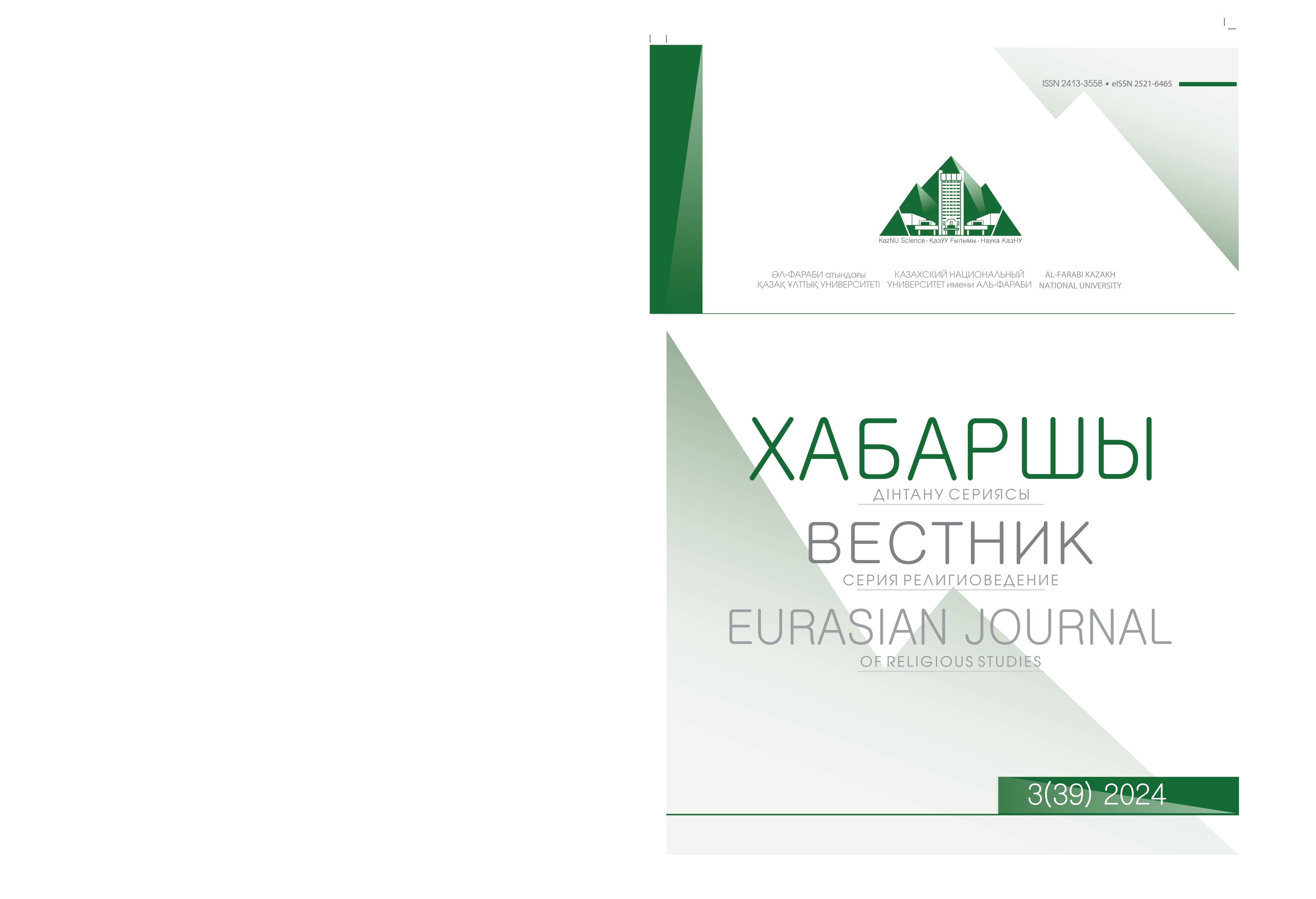Sharia motivation in a secular country: an empirical study among young people in Kazakhstan
DOI:
https://doi.org/10.26577//EJRS.2024.v39.c3.r8Abstract
In this article, the authors try to study the features of the Islamic motives of the youth of Kazakhstan. According to the current religious situation, the people of Kazakhstan, as a Muslims, strive to adhere to Islam, on the other hand, as a citizen of Kazakhstan, must adhere to secular laws. In turn, this reflects the theoretical dilemma between secular law and Sharia law. In this regard, the purpose of the study is to identify and compare the level of Islamic motivation in each direction. Through this, test the hypothesis of the study. The study hypothesizes that "Islamic motivation is high in daily consumption, worship, and moral life, but religious motives for applying sharia punishments and becoming a religious state are low and have a weak relationship". To achieve the objectives of the study, the authors applied a quantitative method and surveyed 1,175 respondents among first and second-year students of Eurasian National University in Astana. Pearson's r-value correlation and descriptive analysis were used for data analysis. In the study, the authors noted that Sharia creates a high motivation for a moral and ethical lifestyle and halal food. At the same time, the authors found a low level of influence of Sharia on the practice of worship (salah) and Sharia law. The results showed a higher level for Kazakhstan to become a Sharia-compliant country than "Sharia as a punishment law". This study can complement the scope of knowledge about Islam in Kazakhstan and Central Asia on topics such as stimulating factors and religiosity in a secular country in general, as well as relations between the state and religion.
Keywords: Sharia, secularism, motivation, Kazakhstan, youth.













